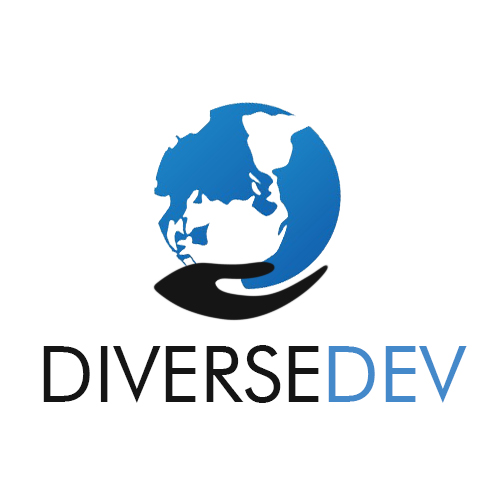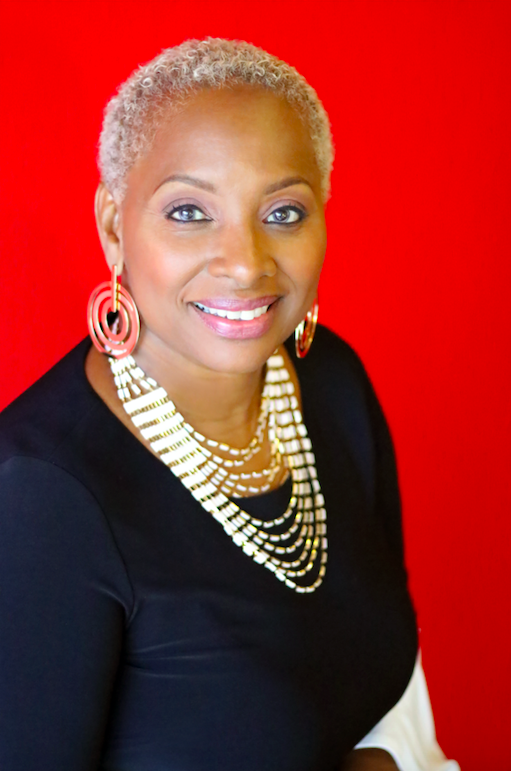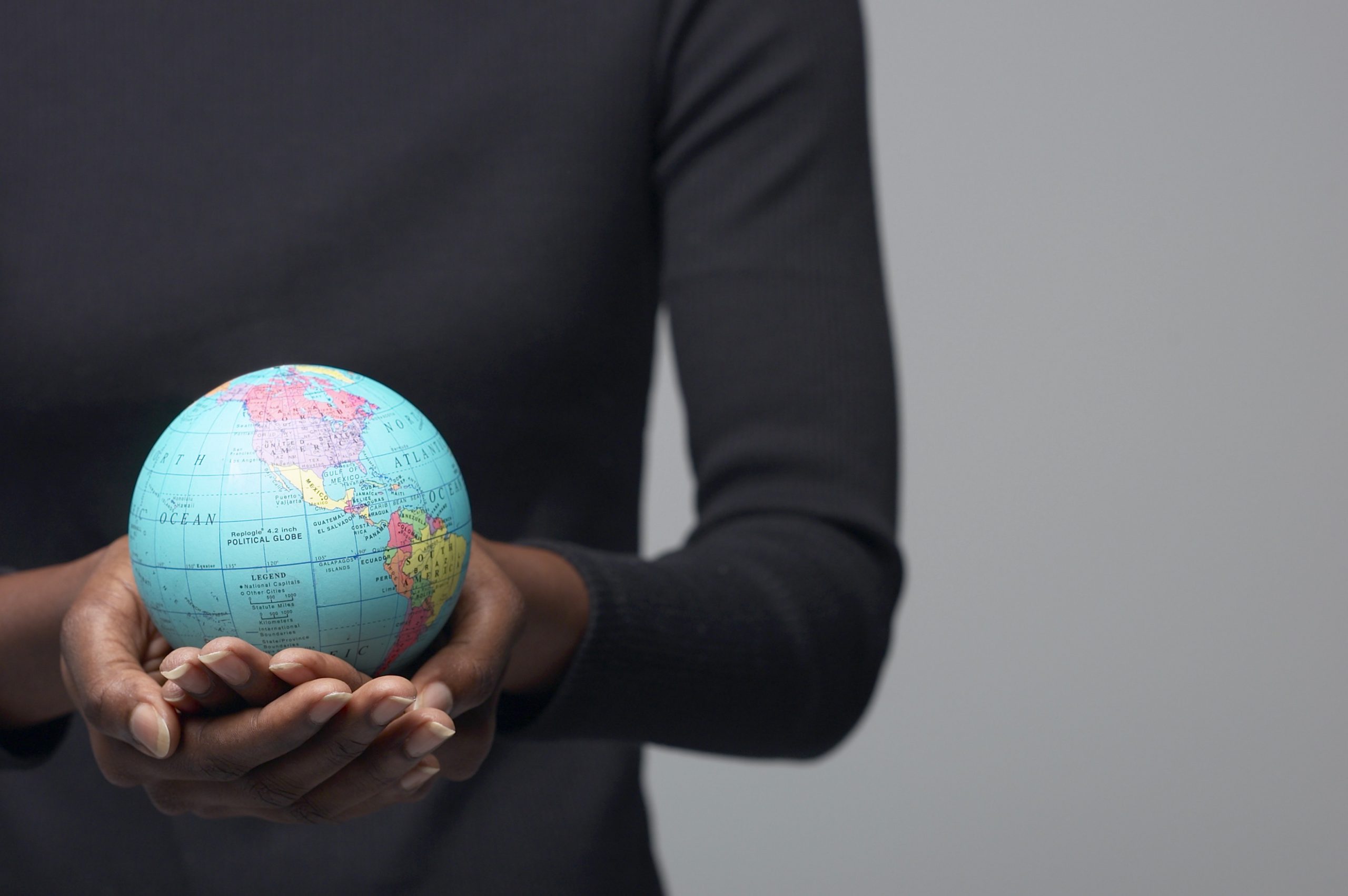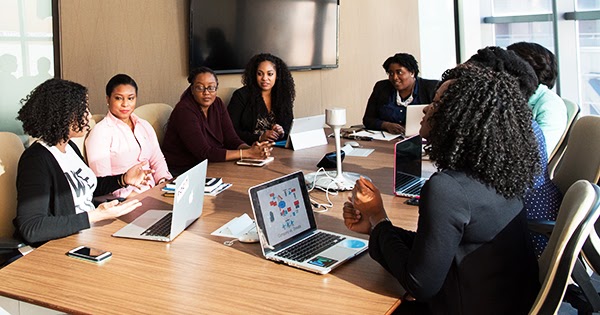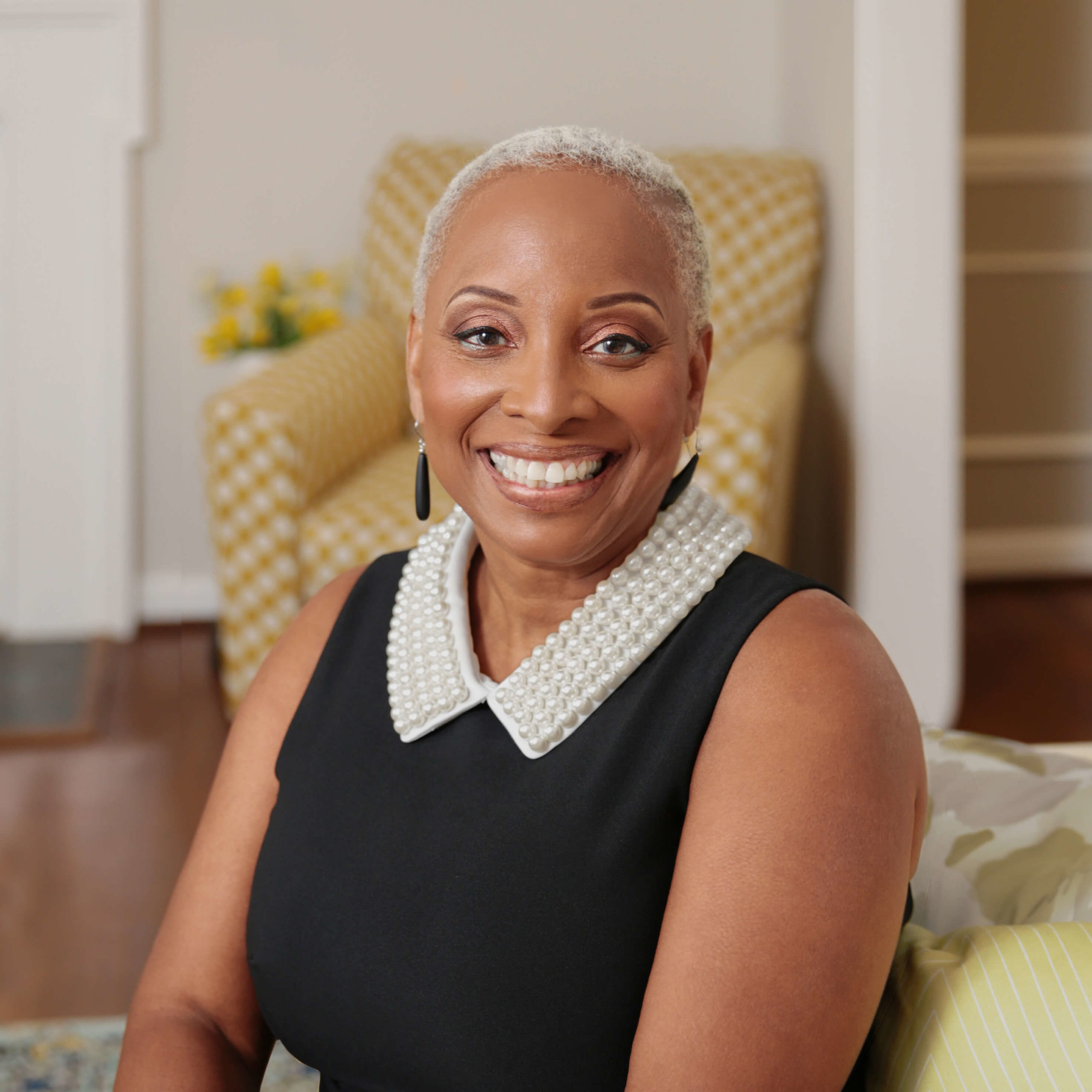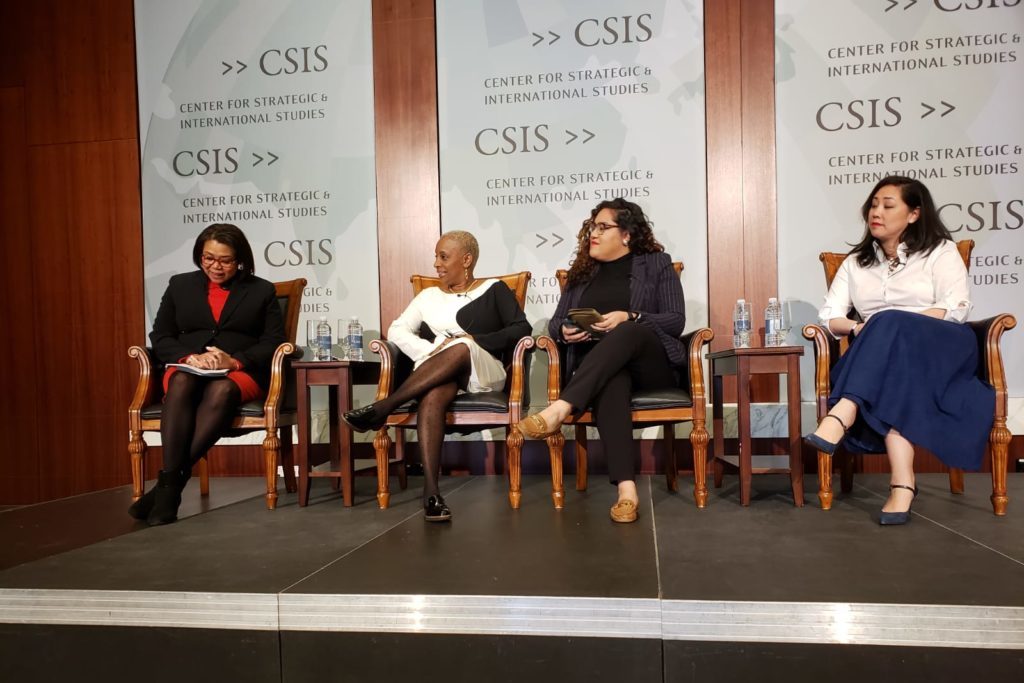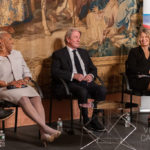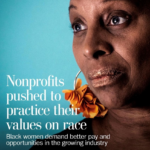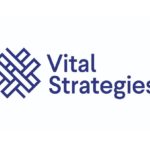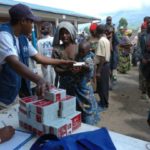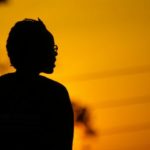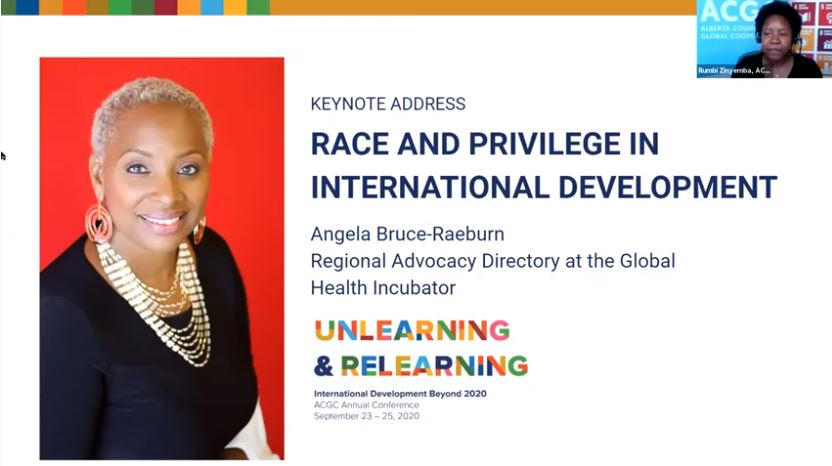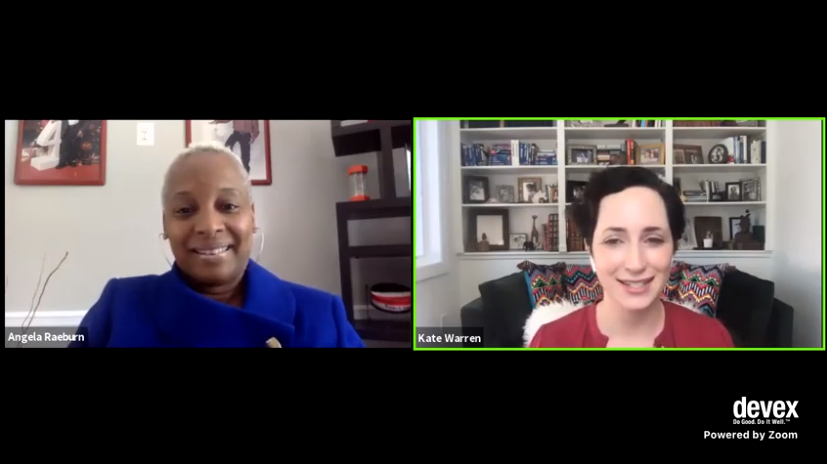Organizations saw challenges to business models that maintained and elevated white norms as the standard bearer.
DiverseDEV was established in 2018 following the very public scandals about racial discrimination, harassment and sexual misconduct to focus on mission driven institutions in the international aid and development communities.
DiverseDEV was created to provide analysis, training, thought leadership using a very specific and unique lens – that of a black woman with over ten years of experience in the international development sector.
To build resilient and sustainable strategies, organizations must understand how power, privilege, and history have impacted people differently.
To address deep disparities and systemic challenges, DiverseDev believes organizations need to examine failures of whole systems, identify tangible opportunities to improve their own diversity, equity and inclusion efforts, and rebuild equitable structures at both the individual and system level.
This will take new approaches that move beyond compliance driven efforts that focus on equity and inclusion and transform these tools into strategic drivers to achieve social justice. We work with organizations to drive social justice at the individual and systemic level so people from all backgrounds can thrive.
DiverseDEV fully understands the importance that investing in gender equality, social inclusion and women’s empowerment can have in unlocking human potential on a transformational scale.
